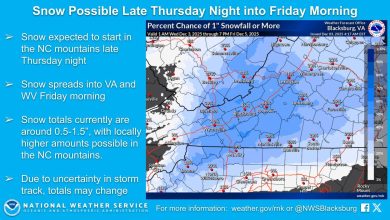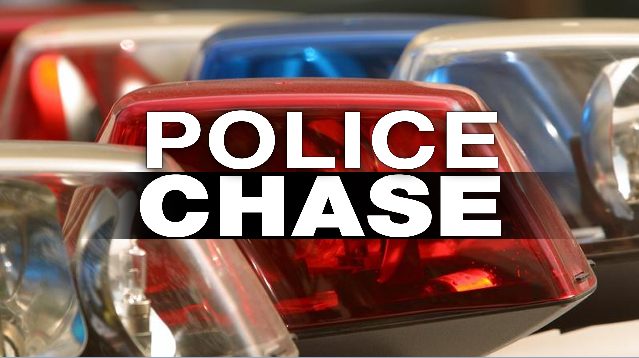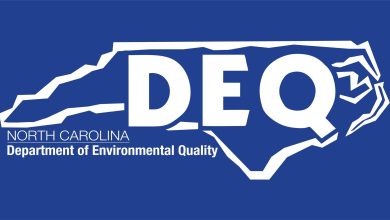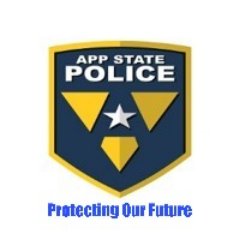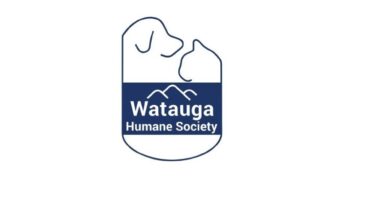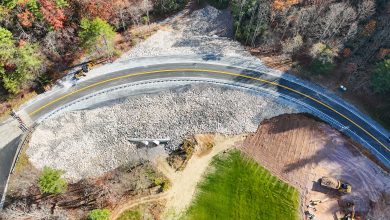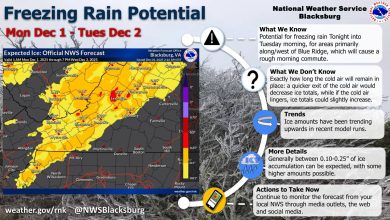Last Updated on July 3, 2019 4:50 pm
RALEIGH
– As the July Fourth Holiday approaches, the State Highway Patrol is
encouraging motorists to focus on safe driving while traveling to their
intended destinations. As traffic is expected to increase throughout
the week, troopers will be out in full force monitoring driver behavior.
With
this in mind, SHP and the Wildlife Resources Commission’s Law
Enforcement Division are combining efforts to save lives on the roadways
and waterways through a campaign entitled On the Road, On the Water, Don’t Drink & Drive. The program will consist of numerous driving while impaired checkpoints near recreational boating venues.
The Patrol will also be participating in the 2019 Operation Firecracker campaign hosted by the Governor’s Highway Safety Program. The operation is a joint effort among state and local law enforcement agencies to focus on the removal of impaired motorists from the roadway. Troopers will conduct checkpoints and saturation patrols statewide in an effort to combat the number of collisions that occur from impaired driving.
“As
residents and visitors travel to and from our state, our members will
be prepared to provide top-tier service and coverage on our roadways,”
said Colonel Glenn McNeill Jr., commander of the State Highway Patrol.
“Loss of life at the hands of an impaired driver on North Carolina’s
highways is unacceptable.”
Troopers
will also focus on other motor vehicle violations to include speeding,
aggressive driving, distracted driving and seatbelt compliance. During
last year’s July Fourth weekend, SHP responded to 1,553 crashes. 437 of
these crashes involved personal injury and 15 resulted in a death.
Additionally, 88 of these crashes involved alcohol use. The goal of the
two campaigns aligns with the Vision Zero approach of reducing the
number of fatalities to zero statewide.
Citizens are encouraged to designate a sober driver or use another form of transportation such as a cab, bus or ride-sharing service. Motorists can report impaired or erratic drivers by simply dialing 911 or *HP (*47) on a cellular phone. Callers should provide a description of the vehicle, location, direction of travel and license plate number if at all possible.









